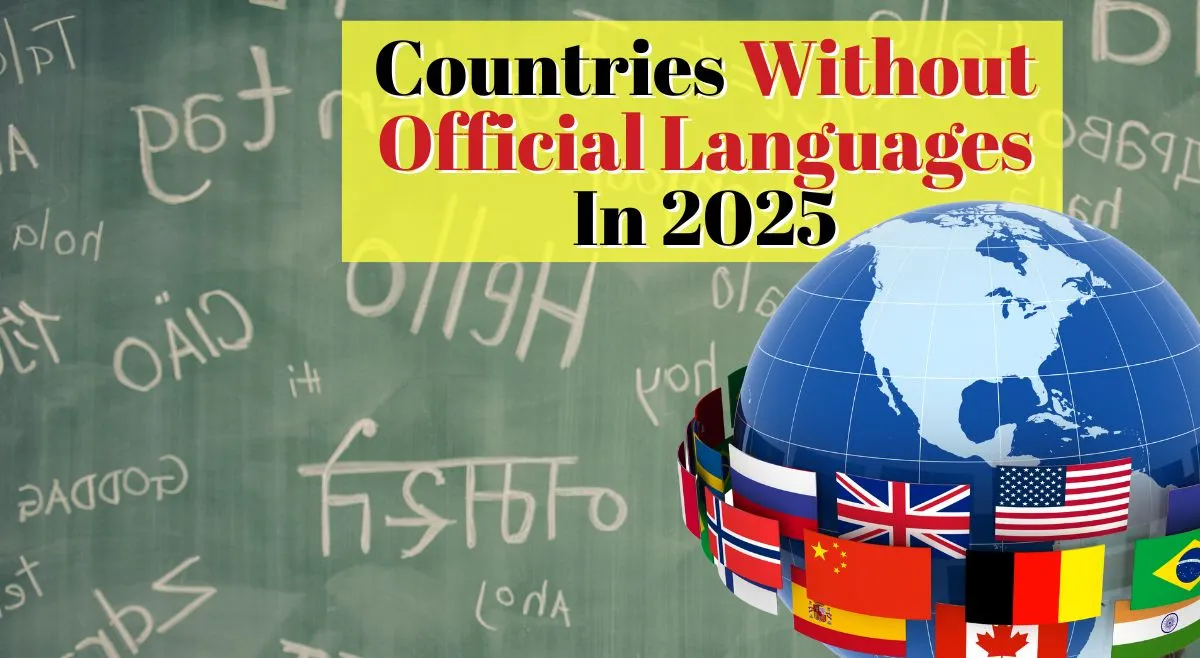- By Ridam Sharma
- Thu, 10 Jul 2025 03:14 PM (IST)
- Source:JND
Countries With No Official Language: In a world where each country is moving forward towards making a place for itself in the global landscape, promoting their culture, authentic identity and national symbols. There are some countries which have no official languages in their constitution. This is commonly a result of dedication to multiculturalism, regard for indigenous languages, or due to historical context. As of 2025, Mexico, the United Kingdom, Australia, and Eritrea are the leading examples of nations that lack an official national language, though they each have widely used de facto languages. To learn more, here’s a list of countries and why they are still without an official language, according to the World Population Review report..
What Is De Facto Language?
The term De Facto is the opposite of De Jure, which means something is official and legally recognised. De facto languages are the languages that are not officially referred to as the national or official language by the constitution of a country or region, but are widely used and accepted among the population. This can particularly happen when language becomes the common means of communication across the region. For example, English may be considered a de facto language in many countries where it is very popularly used in professions like business, education, and even in government documents, without being an official language. De facto languages are mostly due to cultural influences and historical contexts of a place.
Also Read: List Of Oldest Languages In The World: Know Where Sanskrit Stands
List Of Countries With No Official Language In 2025:
| Mexico |
| United Kingdom |
| Australia |
Eritrea |
Mexico
Mexico has no official language, as mentioned in the country’s constitution. However, Spanish is used by the most of the majority of Mexicans as their de facto language, in regards to government, business, and everyday life. Additionally, it is important to know that the nation officially acknowledges 68 indigenous languages as national languages. A policy came into existence in the 2003 General Law of Linguistic Rights of the Indigenous Peoples. The objective of the policy was to safeguard the linguistic identity of its multicultural indigenous people, even though Spanish is mostly spoken here. As of 2025, approximately 7.3 million inhabitants speak an indigenous language, although most also speak Spanish.
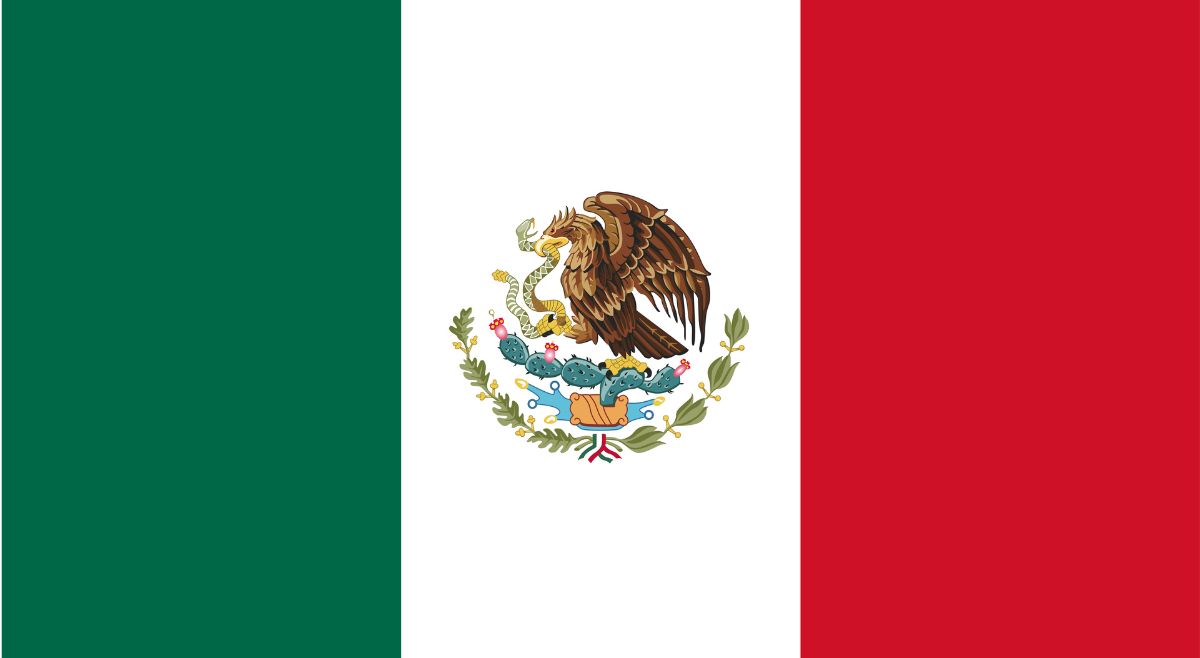
Country With No Official Language (Image Credit: Canva)
United Kingdom
The United Kingdom is widely regarded as an English-speaking country. However, to your surprise, parliament has never defined English as the official or national language of the UK. English is one of the most universally dominant languages used for government work, education, and media. Regional languages of the UK, like Welsh, Scottish Gaelic, and Irish, have significance in their regions but not at the national level.
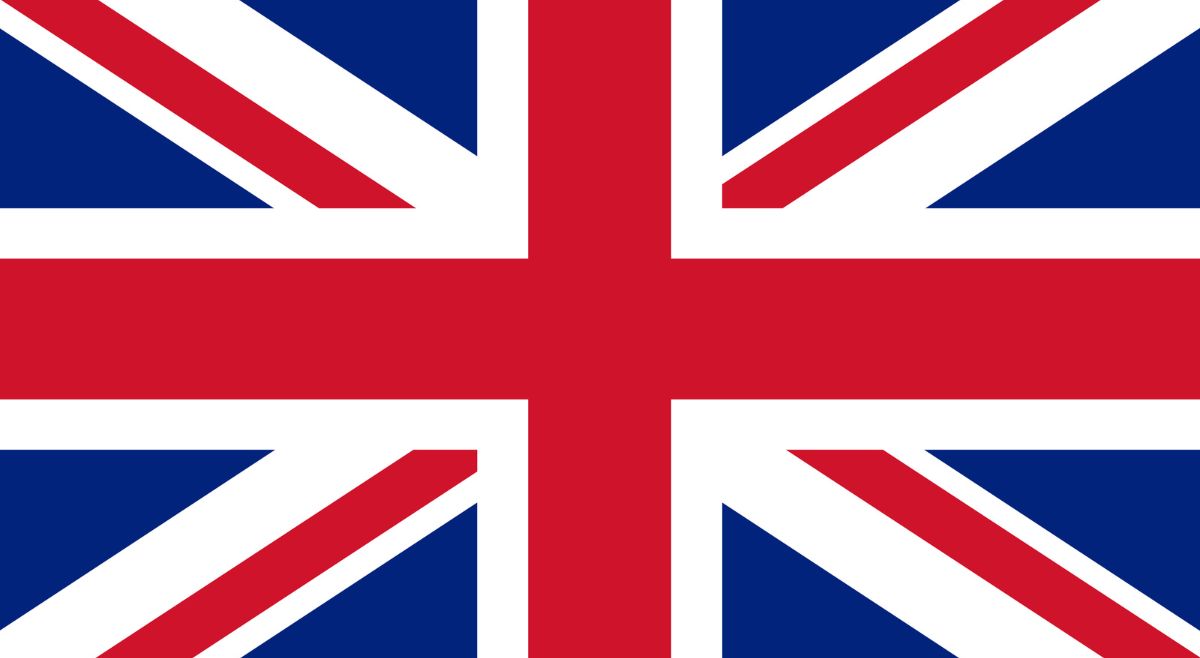
Country With No Official Language (Image Credit: Canva)
Australia
Australia also does not have an official language at a federal level. English is the de facto language and is understood by more than 80% of the population and used in all official spheres across Australia. The nation also consists a rich native Aboriginal speakers, many of whom are considered endangered.
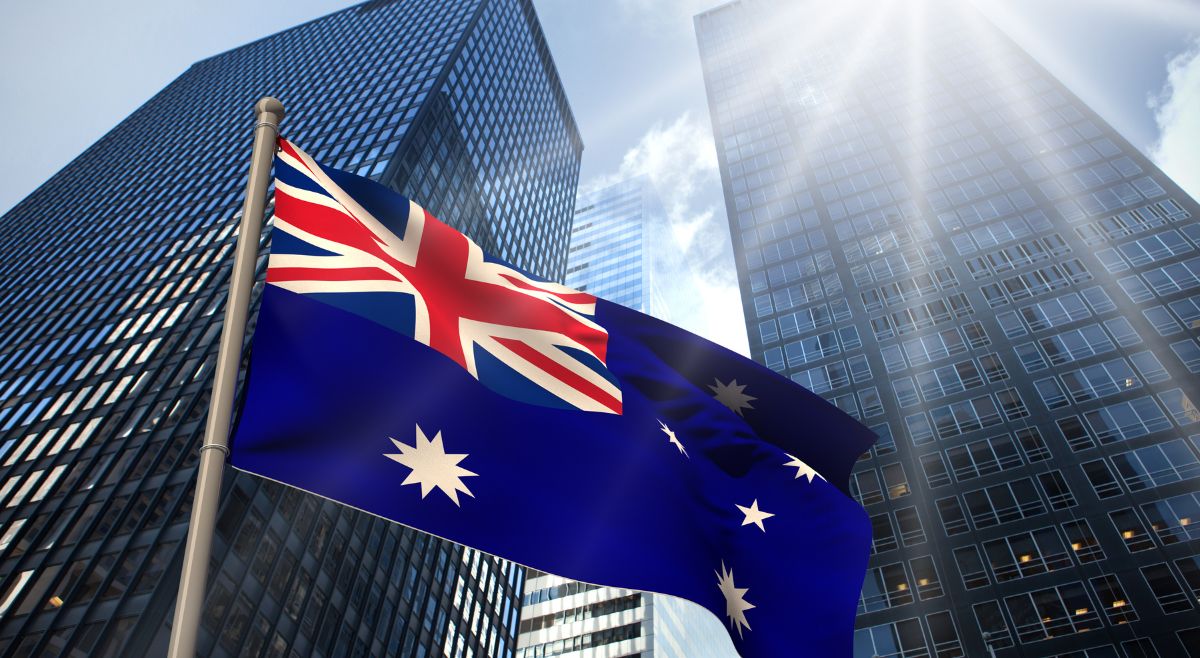
Country With No Official Language (Image Credit: Canva)
Eritrea
Eritrea has a unique stand, as per as the official language is concerned. The country firmly believes all languages are equal, and so no language will be given an official status. There are nine recognised national languages, some of which are -Tigrinya, Arabic, Tigre, English and Italian, used for education and the administration of the country. The policy came into effect to maintain equality between Eritrea's multicultural ethnic groups and avoid linguistic preference.
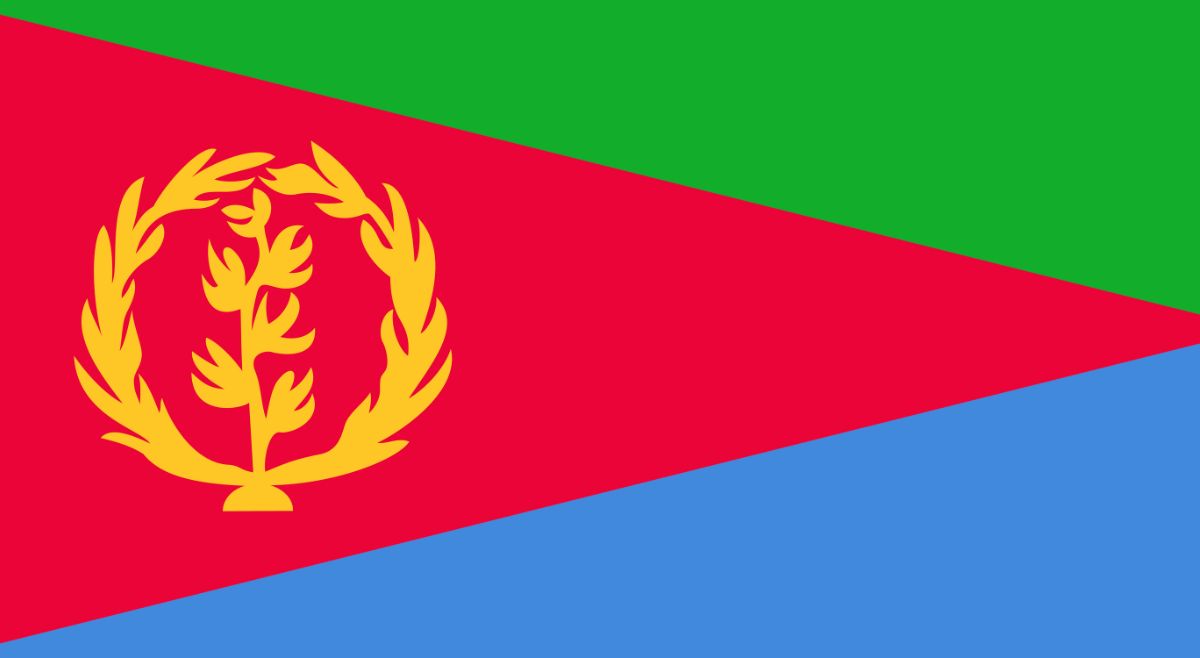
Country With No Official Language (Image Credit: Canva)
Also Read: List Of Top 10 Most Valuable Languages To Learn In 2025
The lack of an official state language in nations like Mexico, the United Kingdom, Australia, and Eritrea highlights a unique national identity and policy regarding culture. Instead of mandating linguistic uniformity, these states welcome diversity by promoting numerous languages, which is a perfect way to safeguard equality in a multicultural place. These countries, by not keeping any official language, promote globalisation, cultural respect and inclusivity in a world where globalisation and migration are also on the rise.

